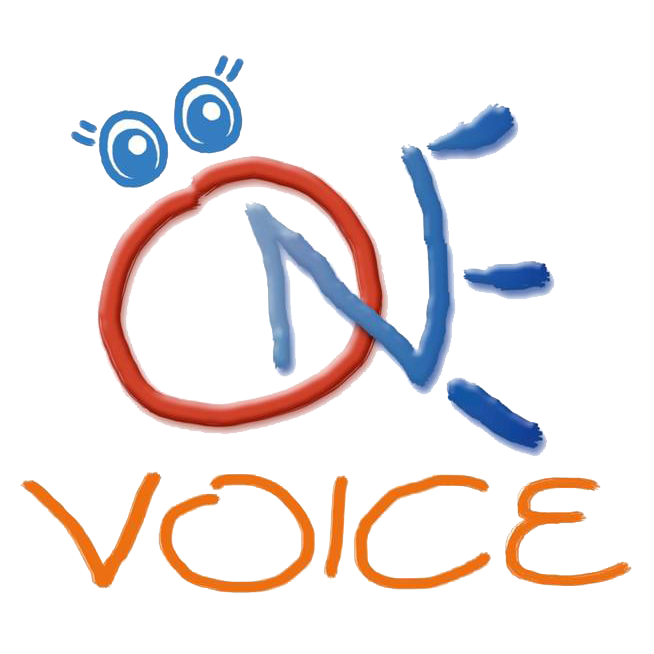We Need to Say Goodbye to Cancer, Instead of Our Children
Childhood Cancer Awareness Month is a time when we strive to heighten awareness, but I’d like to share with you why it is so very important. This September brought much sadness to our team at Nebraska Medicine, as we said…
